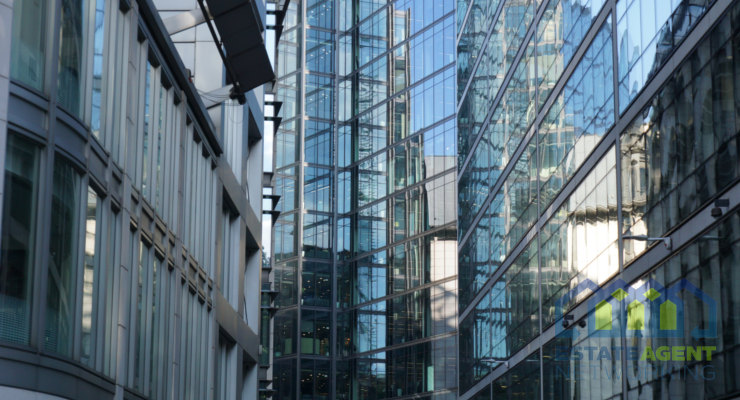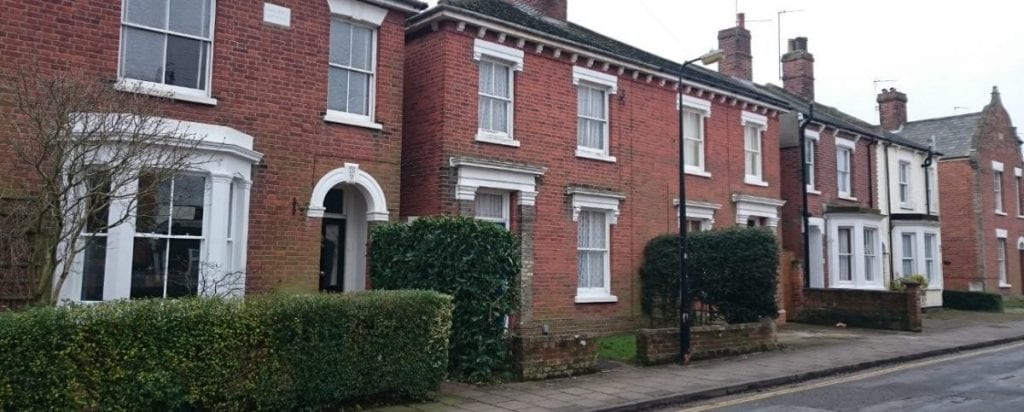Business premises: buying vs. leasing
In order to grow a business, having a space that you can operate from is crucial. But many business owners struggle with knowing whether to lease or buy a commercial property. There are pros and cons to both options – this review of the factors to consider will help you make the best decision for your business.
The arguments for buying
Buying property of any type is often seen as a great investment, but it comes with its share of risks too. One of the key advantages to buying your commercial property is that your ownership stake in the property grows as you pay down the principal, which provides you with equity that you can use as collateral in the future. It also provides an opportunity for a source of rental income, if there is space left over once you’ve occupied it. For example, a small business could rent out the ground floor to a local retailer or agency and operate from the first floor. This isn’t possible when renting, so it could be a viable option if you choose to buy.
Owning your premises means that you can benefit from certain tax breaks, such as non-mortgage-related expenses and interest. Furthermore, when you own your property, you have greater control over it in terms of reconfiguring the space – you don’t need to negotiate with a landlord, nor do you have to worry about the rent charges changing when the lease expires.
The challenges of buying
However, buying a property comes with its disadvantages to consider. Firstly, there’s a far higher investment upfront that ties up a huge amount of your cash that could otherwise be invested into the business. Similarly, there are ongoing costs to maintain the premises that you’ll be responsible for if you own the property. As a business owner, the lack of flexibility that having a mortgage places on you could be detrimental to your company further down the line.
It’s vital that you consider factors such as location and price when you buy property for your business. According to commercial property surveyors Brian Gale, getting a property valued by a surveyor is vital as commercial properties surveys are “designed to determine the accurate market value of the property, which is an essential part of any property acquisition”. Likewise, considering how a location will impact the type of industry you operate in is critical to success – a retail business, for example, relies heavily on being situated in a high footfall area. When your customer base is in a particular location, it pays to continue operating close to that location, as a different area may not appeal to your target market.
The arguments for leasing
Leasing a commercial space offers a lot more flexibility than buying, so it can be a more attractive option for many business owners. There’s no vast upfront cost to think about, as well as much lower upkeep costs, so it’s a great way of ensuring your funds are more liquid for use elsewhere in the business.
Your landlord takes on the responsibility of repairs and maintenance, which also provides you with peace of mind should anything go wrong. The property market is competitive so renting can provide a great way of getting your foot in the door. Plus, you have the option to stay or move when your lease is up, whereas you’re locked into a mortgage if you choose to buy.
The challenges of leasing
Naturally, there are risks to consider, just as with buying a commercial space. With a rental property, your monthly payments won’t provide you with a stake in the property, so you lack the opportunity to build equity. Rental payments can also be much higher than you would pay with a mortgage, depending on where you’re located.
The main risk that comes with renting a commercial property is that you won’t know what your rental payments will be from one year to the next – your landlord is in control of what they charge, as well as whether the space will even continue to be available, which can be difficult when it comes to budgeting and financial forecasting.
Final thoughts
When it comes to considering the financial trade-offs that come with owning versus renting a commercial property, it’s important to note that the ultimate decision is one based on how you expect both the property market and your own business to develop. If you think that rental prices will rise rapidly in the coming years, for example, you’re risking a huge increase in your costs as a tenant.
But if you anticipate that you will grow the business considerably in that time, having the flexibility to move and adapt could prove to be a worthwhile risk. Meanwhile, buying gives your company stability and security in a way that renting cannot, and comes with its own set of worthy benefits that could well outweigh the risks for the right business.









